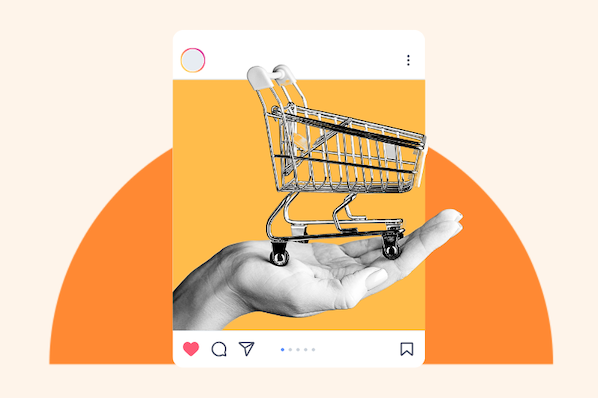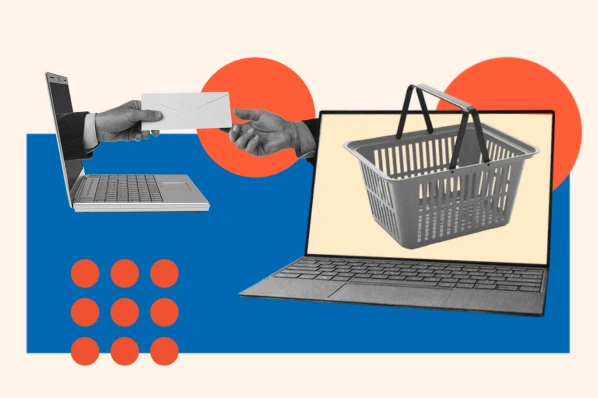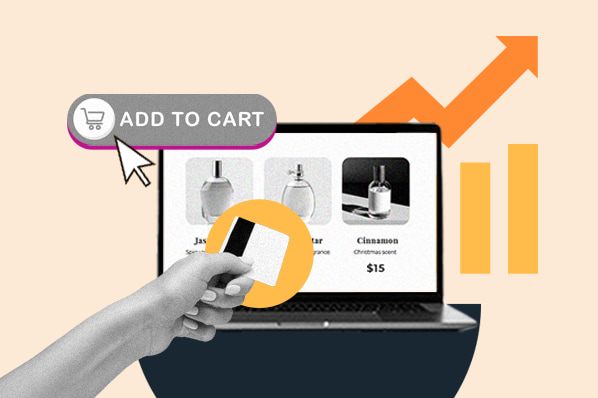

Bonobos is a wildly popular men’s online shopping boutique that is changing the way people shop. They recently hit $100 million in revenue, after nine years of business. The model is pretty simple: several variations on popular clothing items like pants, dress shirts, and casual shirts. No matter what you’re looking for, Bonobos probably has it.
Simply put, Bonobos has come to define ecommerce with a guide shop sales model that seems to work—but are they missing out on some key sales? Let’s examine the pros and cons of their guide shop sales model.
Pro: Huge Selection
No one brand offers the sheer number of options buyers can get from Bonobos. In the case of brick-and-mortar stores, there just isn’t enough room to display over two hundred pants styles—not of the same brand, anyway. By adopting an ecommerce model, Bonobos didn’t have to worry about display space or inventory storage. They didn’t have to worry about their clothing competing with other brands. No, everything in their online store is directly from Bonobos.
Con: Brick-and-Mortar Shop Without Shopping
Bonobos recently caused a stir by opening guide shops, where Bonobos clothing is on display for any shoppers craving the in-person experience. The problem is that the clothes are for testing purposes only. If buyers are unsure of a size or fit, they can drop in for a few minutes and try something on.
That all sounds wonderful, but what about buyers’ desire for instant gratification? If they’ve foregone the convenience of online shopping to head into a store, won’t they be disappointed when they can’t buy the items that fit right away?
Pro: Multi-Channel Marketing and Purchasing
To remedy that need for instant gratification, Bonobos has outfitted all employees with tablets so buyers can order immediately after finding items that fit. That way, no one has to leave the store without making a purchase; they just can’t leave the store with their purchase.
Con: Shipping Times
Once the buyer makes a purchase right there in the store, they still have to go home and wait for their new clothes to arrive in the mail. Again, they’re shrugging away the buyer’s strong desire to own their products by making them wait. Now, shipping times aren’t a problem to those who engage in traditional ecommerce, because waiting for the products to arrive is the price you pay for the convenience you experience when shopping from home.
Pro: Uncertainty Removed
In the end, it seems as though the guide shops have given a tremendous assist to the Bonobos model. Fans of the brand who haven’t purchased for fear that they’d order the wrong size can now ease those fears. Buyers who want to try out new styles and colors can test their wardrobe in front of a mirror before committing. The real magic, however, happens after the first order. If the size is right, buyers don’t have to visit the shop again. Uncertainty is removed and they can buy at their leisure.
Of course, there’s one thing we didn’t mention: Bonobos is actually available for purchase from Nordstrom, so those who have a serious crush on the products can get something immediately. As with any retail situation, however, the options are limited to whatever Nordstrom can fit into that little corner of their store.
So what do you think? Is Bonobos actually changing the way we do ecommerce with their guide shops, or is it all a fad that will fade away when shoppers miss the convenience of buying from their living room?



![How to Write an Ecommerce Business Plan [Examples & Template]](https://www.hubspot.com/hubfs/ecommerce%20business%20plan.png)




![How to Send Effective Order Confirmation Emails [Examples + Template]](https://53.fs1.hubspotusercontent-na1.net/hubfs/53/order-confirmation-email-1.jpg)

![How to Start an Ecommerce Business in 2024 [Steps + Must-Follow Tips]](https://www.hubspot.com/hubfs/how%20to%20start%20an%20ecommerce%20business.jpg)